The Central Board of Secondary Education (CBSE) recently announced a significant initiative to enhance skill education in schools. This initiative aligns with the National Education Policy (NEP) 2020 and the National Curriculum Framework for School Education (NCF-SE), which emphasise the importance of skill education for students in classes VI to X.
The Need for Skill Education
The NEP 2020 and NCF-SE (National Curriculum Framework for School Education) emphasize the importance of integrating skill subjects into the school curriculum. This integration aims to equip students with practical skills alongside traditional academic knowledge. The focus is on providing students with opportunities to engage in real-world tasks and projects related to their chosen skills, thereby bridging the gap between theory and practice.
One of the primary objectives of integrating skill subjects is to bridge the gap between theory and practice. Traditional education often focuses on theoretical concepts, leaving students with limited opportunities to apply their knowledge in practical settings. By incorporating skill subjects into the curriculum, students can engage in real-world tasks and projects related to their chosen skills, gaining valuable hands-on experience and developing problem-solving abilities.

Enhancing Skill Development with Composite Skill Labs
CBSE has taken a significant step towards promoting skill education by mandating the establishment of ‘Composite Skill Labs’ in all affiliated schools. This initiative, approved in the 139th meeting of the Governing Body of the Board, aims to provide students with the necessary resources and environment for effective skill development and hands-on learning experiences.
The Composite Skill Labs are designed to be comprehensive learning spaces equipped with modern tools and equipment. These labs will serve as hubs for students to explore various skills and engage in practical projects. By providing a conducive environment, CBSE aims to foster a culture of innovation and creativity among students.
Schools have the flexibility to choose between two setup options for the Composite Skill Labs:
- Single Lab: A single lab of 600 sq. ft. area can be established to cater to students from classes VI to XII
- Separate Labs: Two separate labs, each measuring 400 sq. ft., can be set up. One lab would be dedicated to students from classes VI to X, while the other would cater to students from classes XI to XII
Benefits of Composite Skill Labs for Student
The establishment of Composite Skill Labs is expected to yield several benefits for students:
- Practical Skill Development
Students get the opportunity to engage in practical tasks and projects, which helps them understand and apply theoretical knowledge in real-world scenarios. By working with actual equipment and tools, students can develop and refine specific skills that are relevant to various trades and vocations.
- Holistic Education
Integrating skill education with traditional academics provides a more balanced and comprehensive education. Students develop a range of soft skills, including communication, collaboration, and critical thinking, which are valuable in all aspects of life.
- Enhanced Employability
By acquiring practical skills through hands-on training in the labs, students will be better prepared for the job market. They will have a competitive edge and increased employability prospects in various trades and vocations.
- Exploration of Diverse Career Pathways
The labs will provide students with opportunities to explore different career pathways and identify their interests and strengths. This will help them make informed decisions about their future education and career paths.
- Fostering Entrepreneurial Capabilities
The labs can also serve as incubators for entrepreneurial ventures. By providing students with the tools and resources to develop their ideas, CBSE aims to encourage innovation and entrepreneurship among the younger generation.
Broader Impact and Future Directions
The initiative is expected to significantly impact the quality of education by providing students with practical skills aligned with industry needs. It encourages schools to offer a wider range of skill subjects, thereby providing students with more choices and opportunities to explore their interests and talents.
CBSE’s commitment to enhancing skill education through this initiative reflects a broader vision of preparing students for the future. By equipping them with practical skills and knowledge, CBSE aims to create a more skilled and capable workforce, ready to meet the challenges of the modern world.
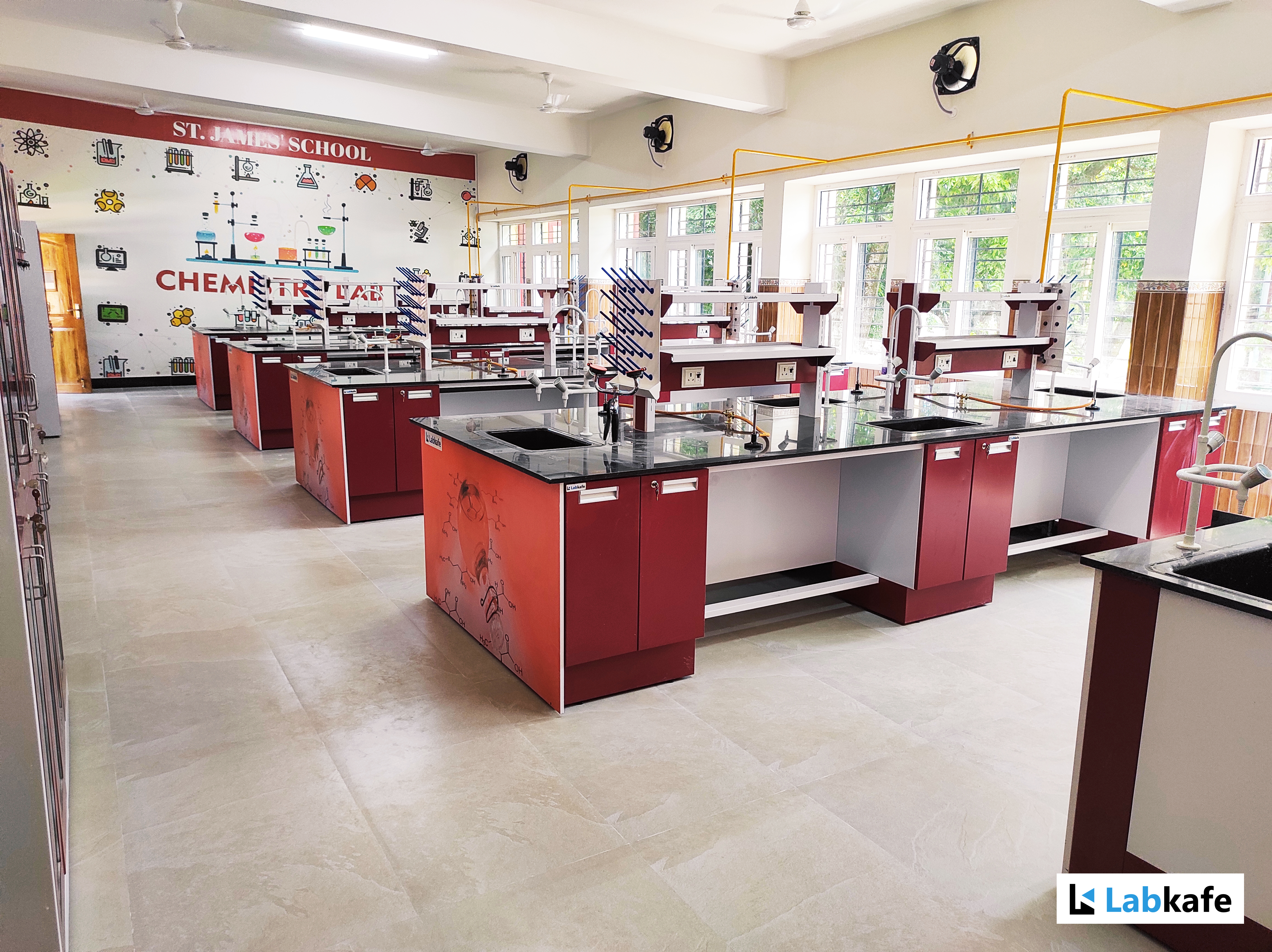




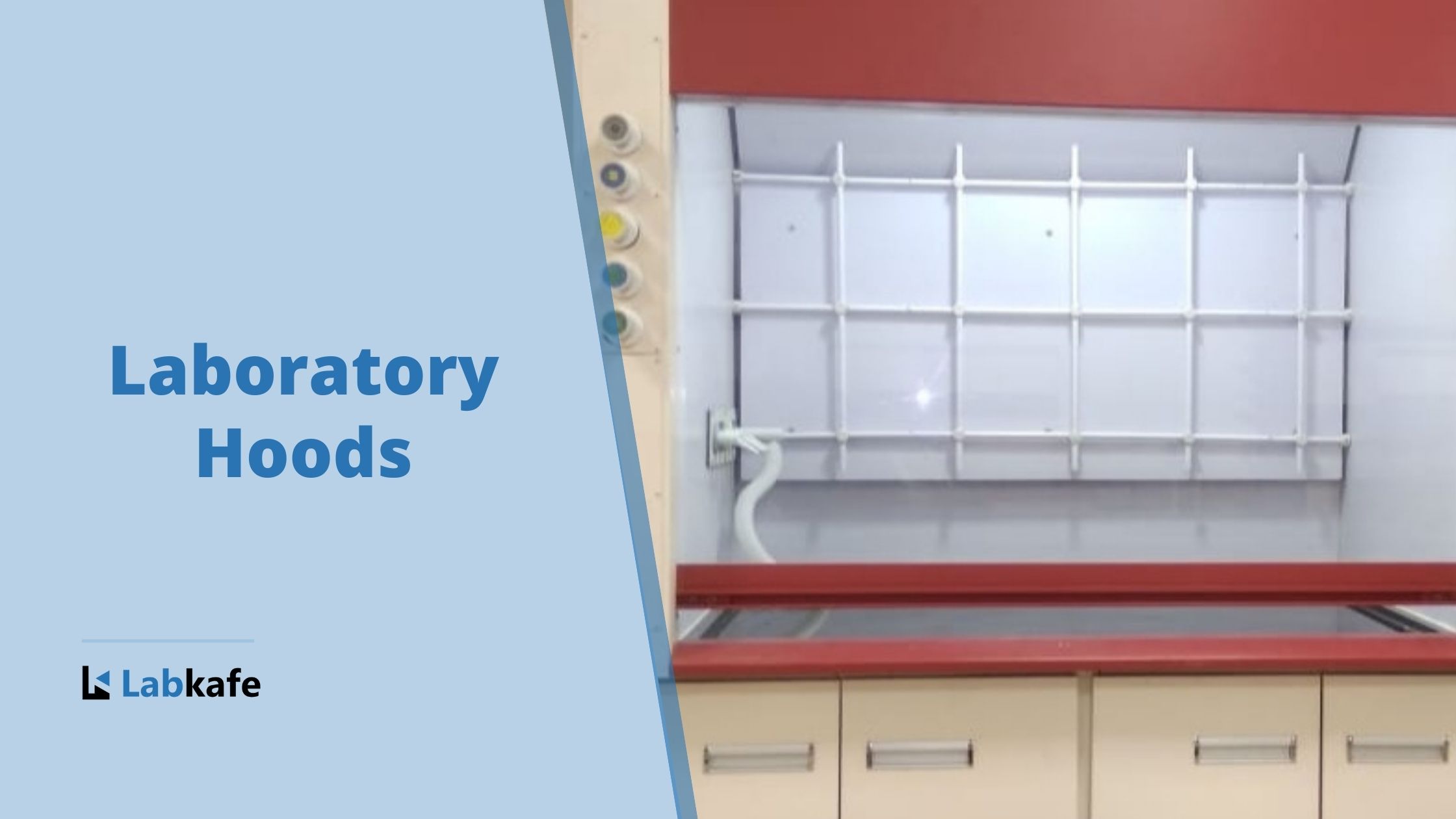

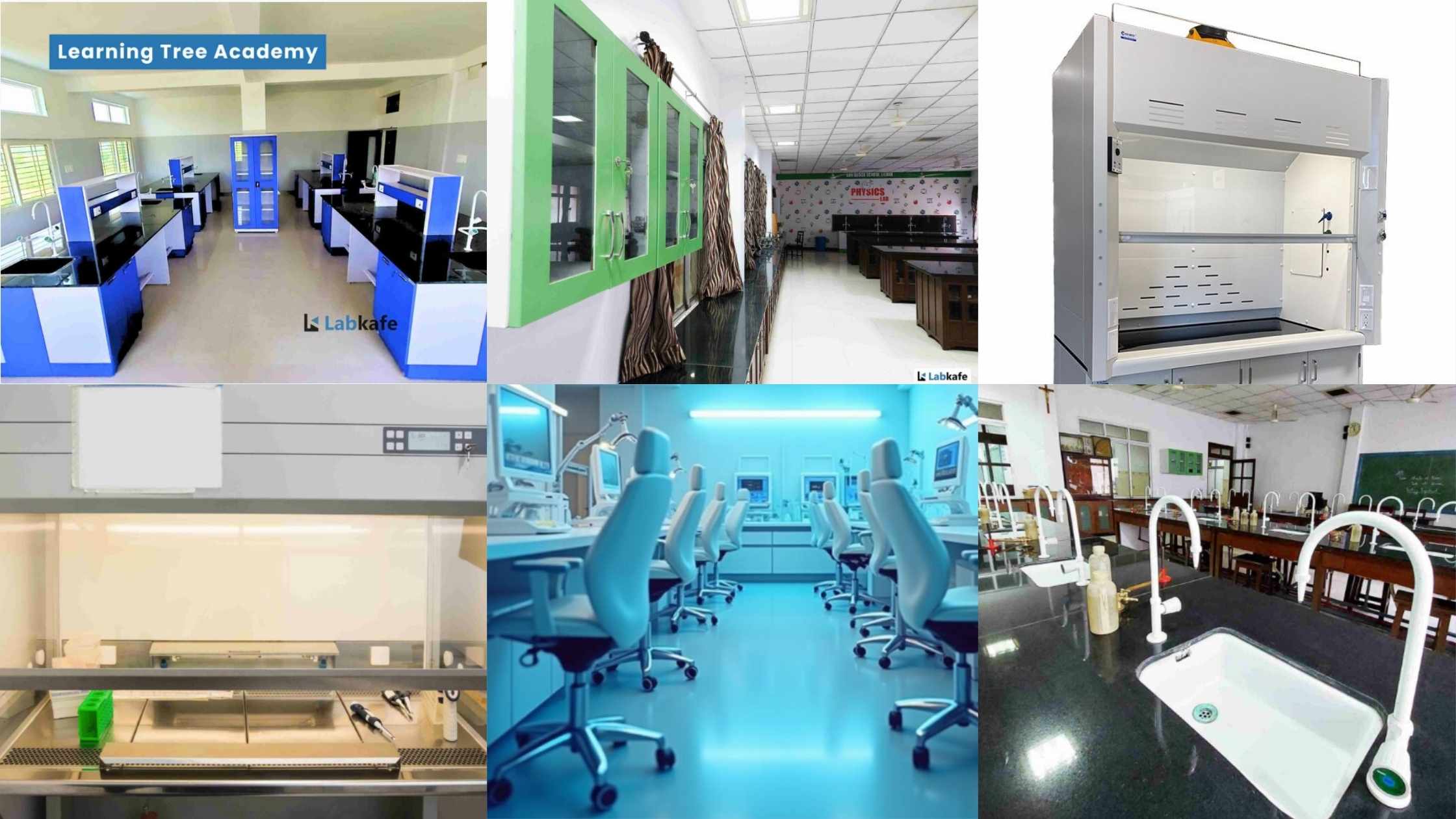
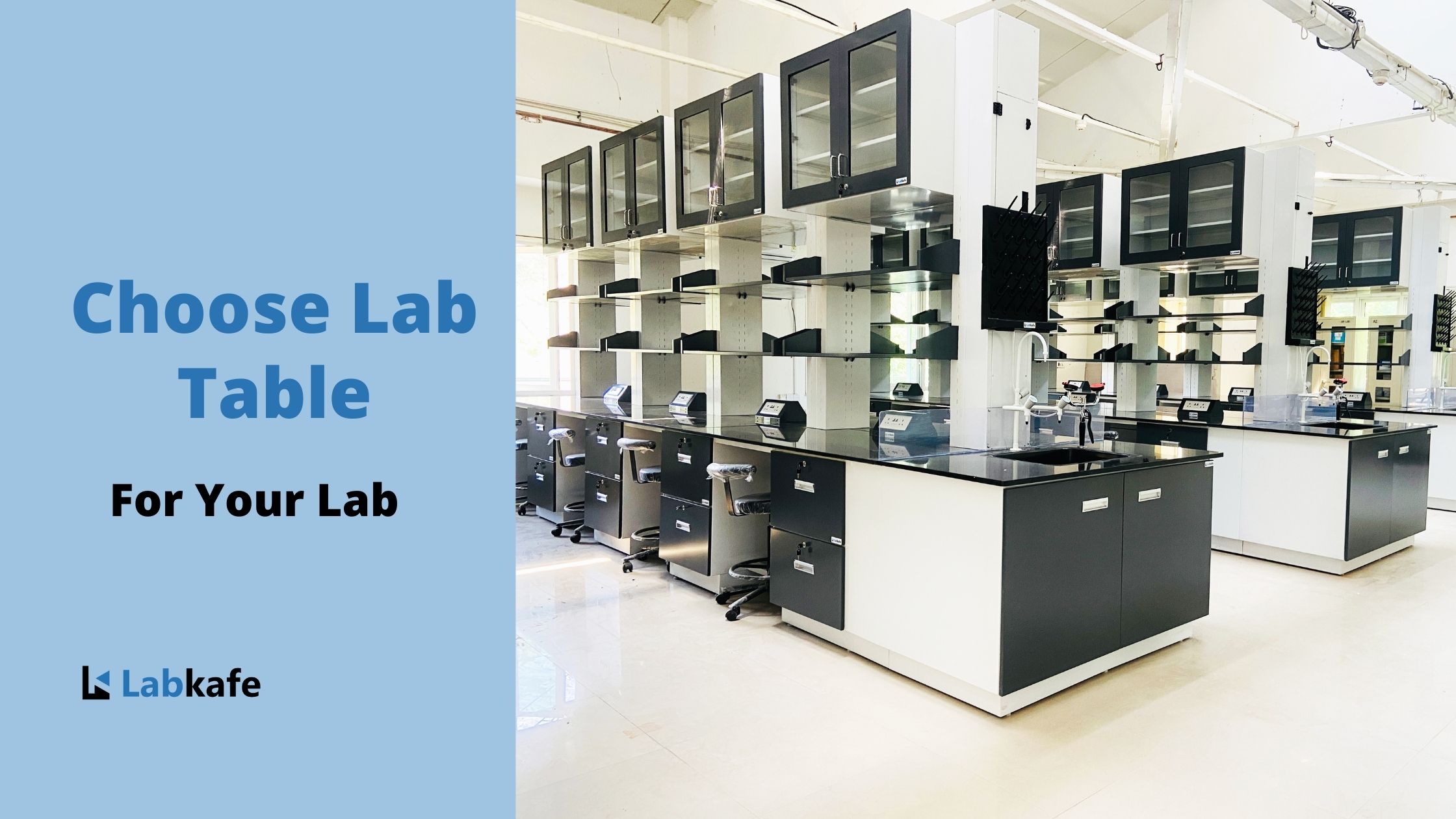
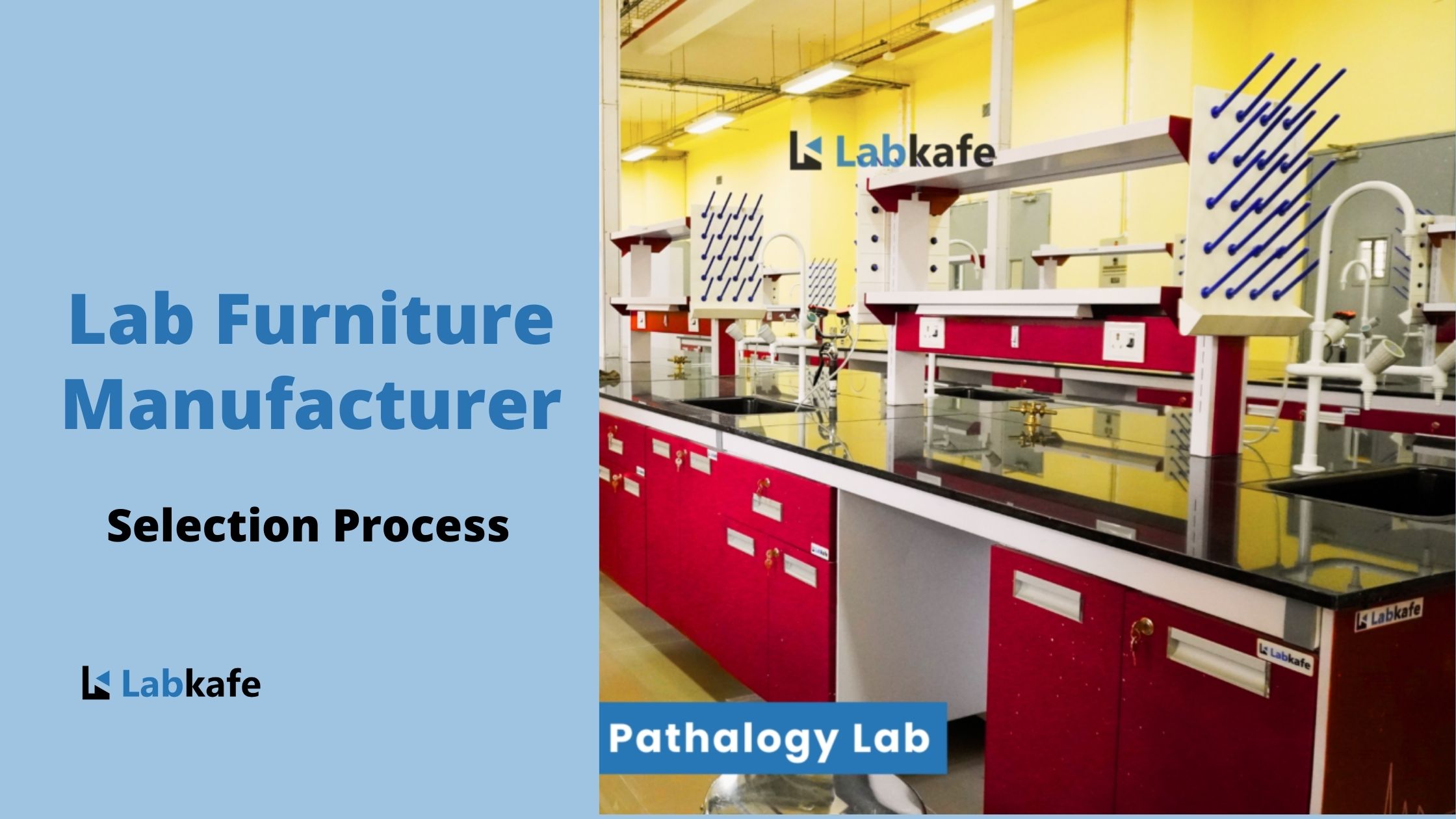


Leave a Reply